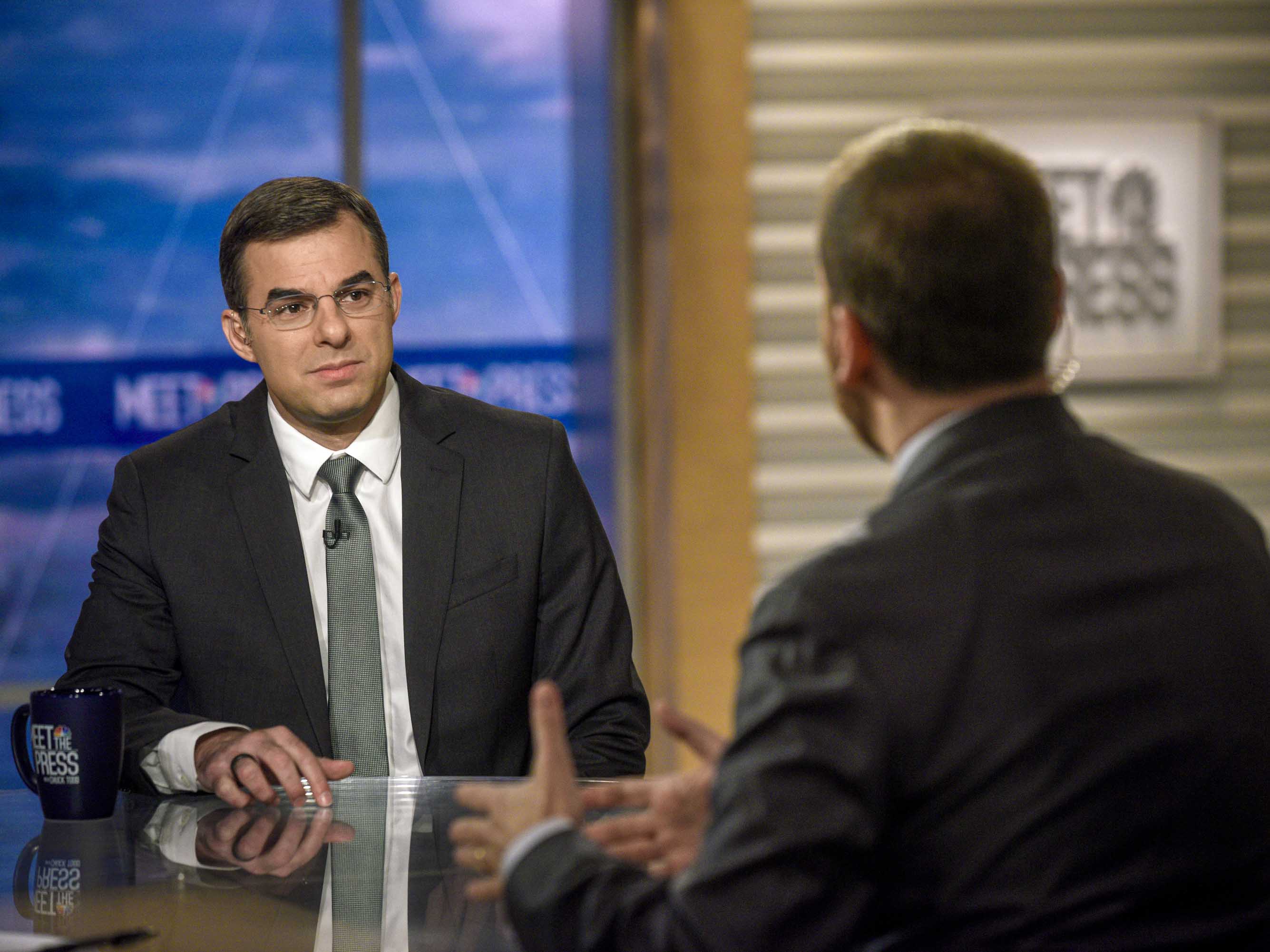
The 2020 presidential election just got its first notable third-party challenger. Last Tuesday, Michigan Rep. Justin Amash, who left the Republican Party nine months ago and became an independent, announced he would run for president as a Libertarian. And while we won’t know whether Amash wins his new party’s nomination until later this month, here’s what we do know about third-party candidacies more broadly and what that could mean for President Trump and former Vice President Joe Biden in the general election.
First, it’s unlikely Amash wins much of the vote in November. Take what happened in 2016. Third-party candidates won 6 percent of the vote, which was the largest share of the vote since Ross Perot ran for a second time in 1996, but it was still just 6 percent. As you can see in the chart below, third-party candidates don’t tend to win that much support. Our system just isn’t set up for successful third-party presidential bids.











